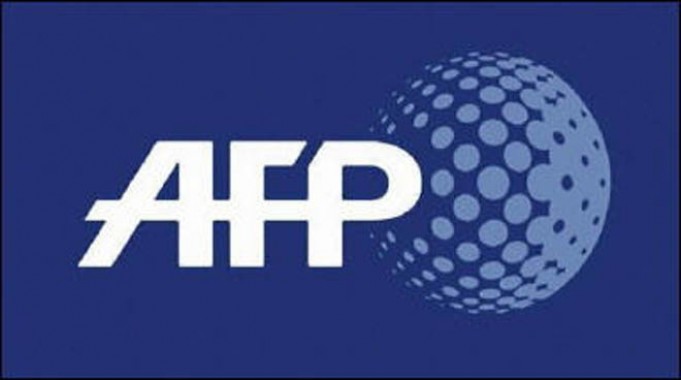Will news wires go the way of cassettes?
Ariana Huffington, the creator and editor of the Huffington Post, told the New York Times recently that among her plans for the future is one to replace wire services totally in her globally popular news website. Are news services passé? Where will news come from in a digital world?
Basically primary news is no longer news, though it has still got to be there. This feeling has come about due to the sudden rise of news aggregating websites (Huffington, Buzzfeed and many others in India as well ) which lay an emphasis on sensational news, hard hitting exclusives and tabloidish stories, all at the expense of primary news.
The primary news segment has become fully integrated into mobile apps and so there is no point repeating the news (unless it is big news) in a website. Leading news portals are increasingly moving into comment and analysis and what Tarun Basu the director of the news agency IANS calls the ‘5 Is: Informed, Intelligent, Intrepretative, Insightful and Illuminating journalism.’
Once Facebook moves fully into news integration, then the job of giving spot reports will be over for most news websites. The way out will be to have only original stories by their reporters. Occasionally, there will also be internet breaking stories like the Vanity Fair cover on Bruce Jenner’s transformation into Caitlyn Jenner.
The bigger problem is that once Facebook makes its News Feed fully operational, it might become the largest dispenser of hard news around the world. A fifth of the world is already on Facebook. The website also targets news to audiences whose preferences are known through an algorithm which can predict reading patterns.
About 30 per cent of adults in the US get their news from Facebook, according to a study from the Pew Research Centre. Though Facebook directs traffic to websites, only high-quality reports and analysis get preference. Even in this scenario, news services reports will have little impact. Raghav Bahl, who has started a digital news venture called Quintillion Media, said last year: “The printing press of the 21st century is the publishing algorithm of a mobile news app”.
Another development is that news is being curated for specific needs - more sports new for some, more arts news for others. New websites such as The Browser, select a handful of top stories from around the world, from a base of, say, 1,000 shortlisted stories daily, and send it out to subscribers in what is a payment model.
“The general idea is to offer a few pieces each day which we think are both enjoyable and of lasting value,” Robert Cottrell, who runs The Browser, is quoted as saying in the New York Times.
The Facebook app on the mobile is projected to transform the way we access news. The Guardian, the New York Times and other publications now deliver to News Feed. Publishers can keep the revenue generated through ads which pop up on their pages. As of now, they are happy with News Feed.
When content is free, who will pay the wire services subscription fees? A media columnist at Mediashift.com suggested as long ago as 2008 that news services will have to provide content for free and then generate revenue from digital ads the way newspapers have started doing in News Feed.
In this scenario, a news service like PTI should get into News Feed, provide the content free and look to generating revenue from the ads. But this will mean completely disrupting the subscription model which they survive on.
Basu, a veteran authority on news agency journalism, told the Hoot: “News agencies are not any more the traditional wholesalers - the subzi mandi - of news. Technology, its democratisation and the horizontal spread of social media, has taken away the first-mover advantage from news agencies globally.
‘Today, much of the news in the public domain is not often from recognised news sources; it often comes from citizen journalists who put the news out in the public (Twitter, Facebook, etc) before any professional journalist or recognised news media has got to it or got wind of it. So the very raison d'etre of a news agency is under threat. Other than the state funded ones - and most news agencies globally are still state-funded or at least supported - they will have to re-invent themselves to survive in the years to come.”
That is clearly a difficult task as technology is moving at breakneck speed, making any major sustainable reinvention by news agencies difficult.
The huge subscription costs of services such as AP or AFP will find no takers as the digital revolution becomes increasingly global. A Reuters spokesman has been quoted in the New York Times recently as saying: “Our job now is packaging news feeds from many sources and filtering it to provide audiences big enough to make a difference. It is all becoming much more complex for journalists who need to monitor a long number of sources and more complex for consumers too.”
That’s for sure.
Such articles are only possible because of your support. Help the Hoot. The Hoot is an independent initiative of the Media Foundation and requires funds for independent media monitoring. Please support us. Every rupee helps.







